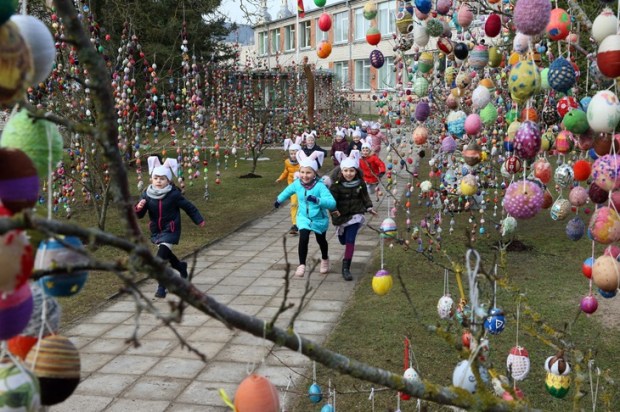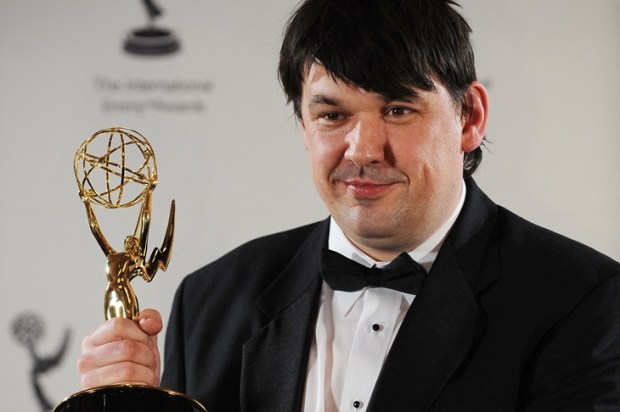Melbourne journalist Benjamin Miller writes in Fairfax Media on African crime “A mature society can talk about these issues in a way that does not paint every member of a particular community as a potential or likely threat.”
Yes, let’s.
Miller boasts local knowledge and displays refreshing interest in facts. But I’ll wager a Williamstown mortgage he doesn’t know about the council library west of West Gate Bridge where week after week gangs of young African men (often ten or more rampaging through the shelves when not fighting over wifi stations, usually the same ones – so gang is a fair descriptor I think) terrorised my partner, her colleagues and other patrons, till a serious assault or out-and-out fracas became a matter of when not if.
That’s not his fault. She’d gladly fill him in were it not for the blanket non-disclosure policy councils make employees sign. How extra security guards were employed to no avail – not their fault either. She walked home past the same young men loitering at her bus stop, who on a good shift would merely ignore her pleas to stop wreaking havoc. On a bad evening, she and other staff had to hide for hours in a locked corridor till the police came. Funnily enough, elements within the council are none too keen on this getting out.
It is crucial here to understand that the violence arose not through any lack of kindness or inclusivity on the council’s part – quite the opposite. It took a muddleheaded decision to rebrand the traditional library to a de facto community centre and threw open the doors to all takers for free wifi and other facilities. Boost visitor numbers by clearing trouble off the streets. Libraries don’t come much more inclusive than that.
It worked a treat. Things got so bad that the local Sudanese welfare agency agreed to present a workshop to library staff on aspects of Sudanese culture that helped place the problem in context. To pluck out one snippet: in Sudan women have little or no authority to reprimand men – hence boys literally turning their backs on female librarians requesting they behave themselves.
A one-day workshop fixed nothing, the gangs kept coming. But it did equip her with the cultural awareness to insist male security officers handle the worst troublemakers, who eventually drifted away.
Miller is right about double standards across the media, citing the Torquay near-riot over New Year, where there was no suggestion any Africans were involved. There is no doubt some journalists trade in race-baiting. Yes, it is horrible that the Africans he encountered on his walk endure stigma of any kind, thanks to a few miscreants.
In the original, longer version of his article, posted on the Meanjin website, Miller acknowledges in general the lifelong physical and mental scars for victims of violence, presenting a more balanced perspective. And in The Weekend Age Jon Richardson, as former High Commissioner to Ghana and Nigeria unquestionably an authoritative voice, listed some salutary statistics regarding, amongst other indices, the level of South Sudanese participation in Australian universities (13 per cent, close to the Australian mean). Extraordinary, inspiring even, given what many have had to overcome in their home countries and now here. We are all prone to forget – conservatives not least – that for the purposes of this discussion “Africa” is less a continent than an abstraction.
But on a small scale my partner’s experience underlines the folly – and irony – of censoring all links between nationality and crime, should our language police in local government, media, HR bureaucracies – everywhere really – have their way. As Fairfax’s Anson Cameron observed, good honest voices – like my partner – are shut out of the debate.
I am sure Miller and some other progressive journalists feel for victims of gang violence. But I would like them to go one better, seek out a few brave silent sufferers, lift the gags, put flesh on individual stories. The real victims, too often confused with perpetrators.
Got something to add? Join the discussion and comment below.
Got something to add? Join the discussion and comment below.
Get 10 issues for just $10
Subscribe to The Spectator Australia today for the next 10 magazine issues, plus full online access, for just $10.


























Comments
Don't miss out
Join the conversation with other Spectator Australia readers. Subscribe to leave a comment.
SUBSCRIBEAlready a subscriber? Log in